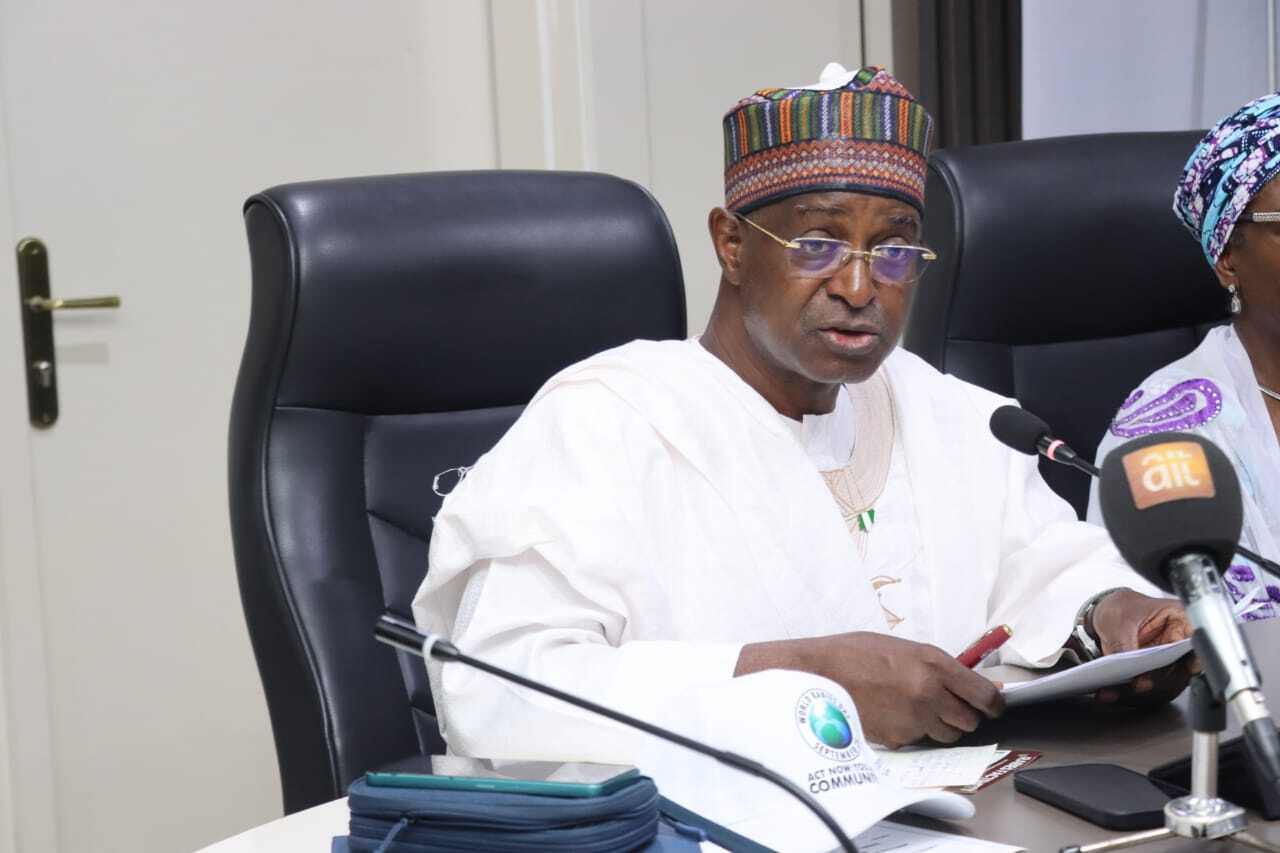Customs deploys One-Stop-Shop to cut cargo clearance to 48hrs
Chief Executive Officer (CEO), Centre for the Promotion of Private Enterprise (CPPE), Dr Muda Yusuf, has said the recently released second quarter Gross Domestic Product (GDP) report for this year represents one of Nigeria’s strongest quarterly growth performances in recent years.
However, he noted that sustaining and deepening this momentum requires urgent structural interventions.
To reduce cargo clearance time from 21 days to 48 hours, in line with the Federal Government’s Ease of Doing Business policy and the World Trade Organisation’s Trade Facilitation Agreement (TFA)., the Nigeria Customs Service (NCS) has introduced One-Stop-Shop (OSS).
Revealing that the economy strengthened its recovery momentum in Q2 of 2025, with real GDP expanding by 4.23 per cent year-on-year, Yusuf said this represents a notable acceleration from 3.13 per cent in Q1 and a stronger performance compared to 3.48 per cent in Q2 2024.
This, he said, confirms that the economy is not only on a recovery trajectory but is also gaining traction, despite lingering structural and macroeconomic challenges.
Giving a sectoral performance review breakdown, he said the oil and gas sector remained the undisputed driver of Q2 growth, recording a dramatic 20.46 per cent expansion, up from just 1.87 per cent in Q1.
He noted: “This surge is the sector’s best performance in years and reflects three powerful dynamics, including incentives for deep offshore exploration, gas commercialisation and investor-friendly regulations which are yielding results.
“Also, the leadership reset at Nigerian National Petroleum Company Limited (NNPCL) appears to have delivered operational efficiency, improved transparency and production gains. More importantly, oil prices held relatively stable, while global demand remained firm, creating a favourable backdrop for Nigerian producers.”
Yusuf expressed dismay that despite this exceptional growth, the oil sector’s share of GDP remains 4.05 per cent, underscoring the need for Nigeria to rely on non-oil sectors for inclusive and broad-based economic transformation.
He pointed out that agriculture posted a 2.82 per cent growth rate, a significant leap from 0.07 per cent in Q1; reflecting the impact of government input support programs, better rainfall patterns and subnational agricultural interventions.
However, he said the sector still faced serious productivity constraints, including poor rural infrastructure, low mechanisation, weak access to finance and security challenges that disrupt farming activities. Without addressing these, he lamented, the sector’s potential for food security, employment and raw material supply will remain unrealised.
“Manufacturing dipped to 1.60 per cent, highlighting the continued pressure of high production costs, logistics inefficiencies, FX volatility and competition from cheaper imports,” he said, adding that oil refining output
jumped from 11.5 per cent to 15.78 per cent, signalling progress in domestic refining capacity and import substitution. “In the construction sector, growth moderated to 5.25 per cent, suggesting slower execution of infrastructure projects, likely due to delayed budget implementation and funding bottlenecks.”
The economy, he insisted, is moving beyond stabilisation towards a stronger recovery, but to translate this growth into jobs, poverty reduction and shared prosperity, the focus must shift to unlocking productivity in agriculture, manufacturing, construction, real estate and trade, the sectors that touch the lives of most Nigerians.
With consistent reform execution, improved governance and private sector collaboration, Nigeria can transform its present growth momentum into a more resilient, inclusive and job-rich economy, he added.
The Comptroller-General of Customs, Bashir Adeniyi, said the initiative was also designed to sanitise operations, reduce duplication of efforts and ensure predictability in Customs procedures.
Disclosing this to journalists yesterday in a statement signed by the National Public Relations Officer of the NCS, Abdullahi Maiwada, Adeniyi said the initiative was unveiled during a meeting between NCS management and Customs Area Controllers in Abuja, as part of its modernisation agenda and leadership role in driving reforms across commands.
The CGC explained that under the OSS framework, all Customs Units would work jointly on flagged declarations, eliminating multiple checks and reducing delays, while consignments cleared under the OSS would not be subject to re-interception to reduce costs and enhance trade facilitation.
Adeniyi said the reform initiative, which is fully supported by the NCS Act 2023, would be piloted at Apapa, Tin Can Island and Onne Ports before being rolled out nationwide.
CPPE hails Q2 GDP, urges govt intervention as manufacturing suffers decline

Production hall of a manufacturing company





